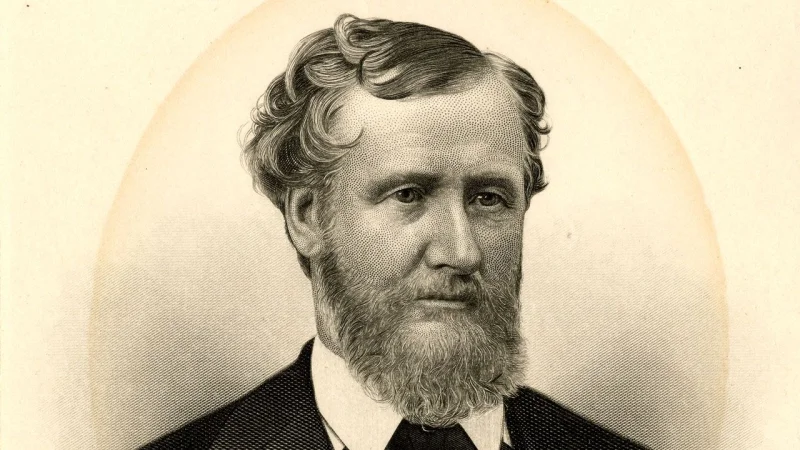Short Summary
John Needham was an 18th-century English scientist and Roman Catholic priest known for his work in the field of natural philosophy, particularly in the study of spontaneous generation. He is most famous for his experiments which he claimed demonstrated the generation of life in boiled broths. His work sparked significant scientific debate and influenced subsequent studies in microbiology. Despite controversies surrounding his conclusions, Needham's experiments contributed to the broader understanding of biological processes during his time.
Early Life & Education
John Turberville Needham was born on September 10, 1713, in London, England. He was the eldest son in a family with religious and scholarly inclinations, which influenced his later pursuits. Needham was educated at a Jesuit college in Douai, France, where he developed a keen interest in science and theology. His education was grounded in classical studies, which were prevalent in Jesuit institutions at the time. This early exposure to rigorous scholarly traditions laid the foundation for his future work in natural philosophy and his eventual ordination as a priest.
Career Highlights
Needham became a member of the Royal Society of London in 1747, a significant milestone in his career. He conducted numerous experiments to demonstrate spontaneous generation, a widely debated topic of his era. Needham's studies involved heating broths and sealing them, only to later observe microbial life, which he argued as evidence for spontaneous generation. Although his conclusions were contested, notably by Lazzaro Spallanzani, Needham's work was pivotal in advancing microbiological research. He later served as a director of the French Academy of Sciences, further contributing to the scientific community.
Major Achievements
- Membership in the Royal Society of London: Recognized for his scientific contributions and experiments.
- Experiments on Spontaneous Generation: Conducted experiments that challenged existing notions of life and generation.
- Director of the French Academy of Sciences: Held a prominent role in one of the leading scientific institutions of the time.
Famous Quotes
- "Nature herself has the power to produce life from non-life under the right conditions."
- "The mysteries of life are as boundless as the universe itself."
Interesting Facts
- Needham was both a scientist and a Roman Catholic priest, a rare combination in his day.
- His work on spontaneous generation was both celebrated and criticized, sparking scientific debate.
- He lived during a time when science and religion were often at odds, yet he managed to contribute to both fields.
- Despite controversies, his experiments laid groundwork for future studies in microbiology.
- Needham was a member of several prestigious scientific societies in Europe.
Legacy / Influence
John Needham's work, particularly in the arena of spontaneous generation, left a lasting impact on the field of biology. His experiments, although ultimately disproven, prompted further research and debate which advanced the understanding of microbiology. Needham's legacy is one of challenging established ideas and fostering scientific inquiry, influencing future generations of scientists to question and explore the natural world.
FAQ
Q: Why is John Needham famous?
A: He is famous for his experiments on spontaneous generation, which sparked significant scientific debate.
Q: Did John Needham's experiments prove spontaneous generation?
A: No, his results were later contested and disproven, but they encouraged further research.
Q: Was Needham involved in any scientific societies?
A: Yes, he was a member of the Royal Society and the French Academy of Sciences.
Q: What was Needham's profession besides being a scientist?
A: He was also a Roman Catholic priest.












